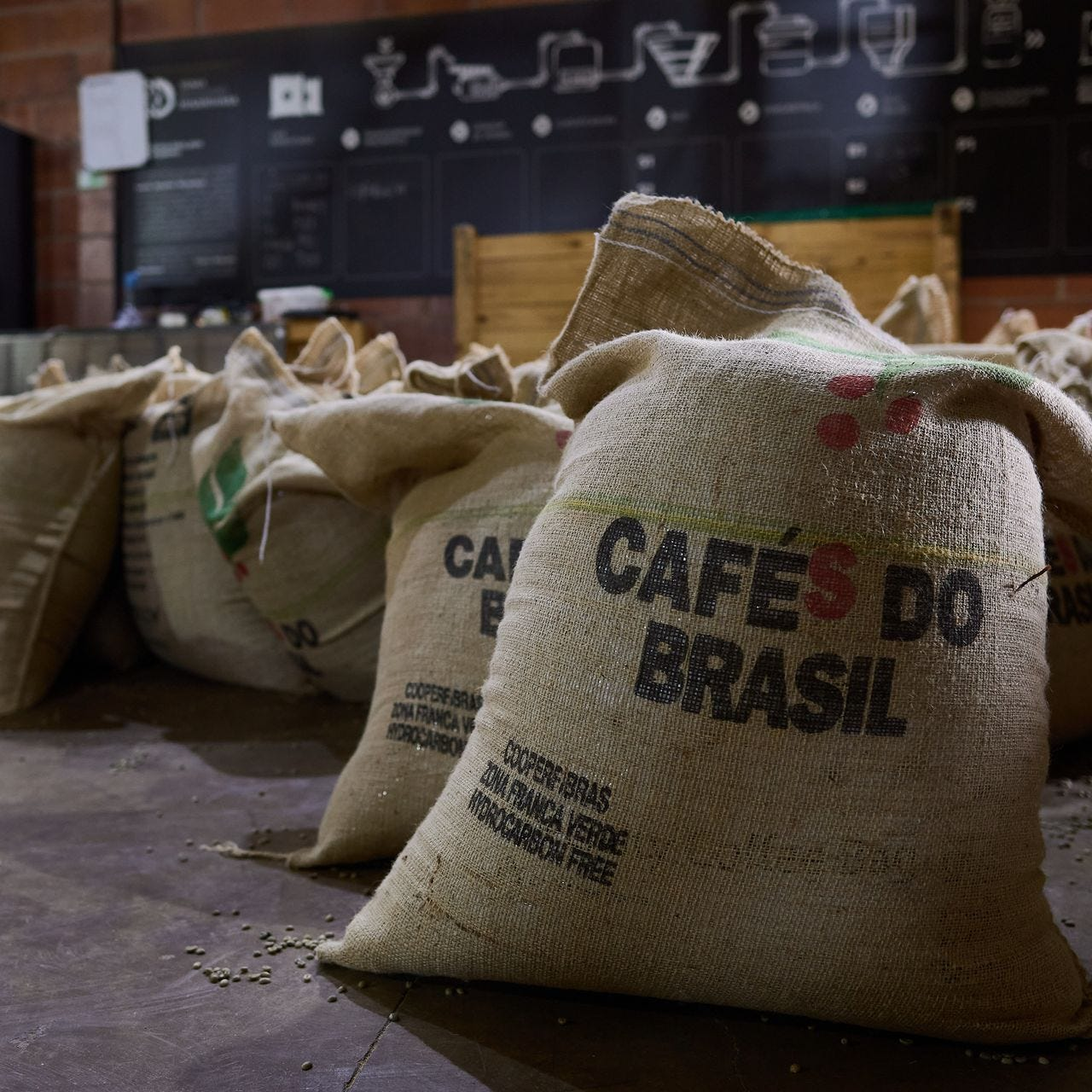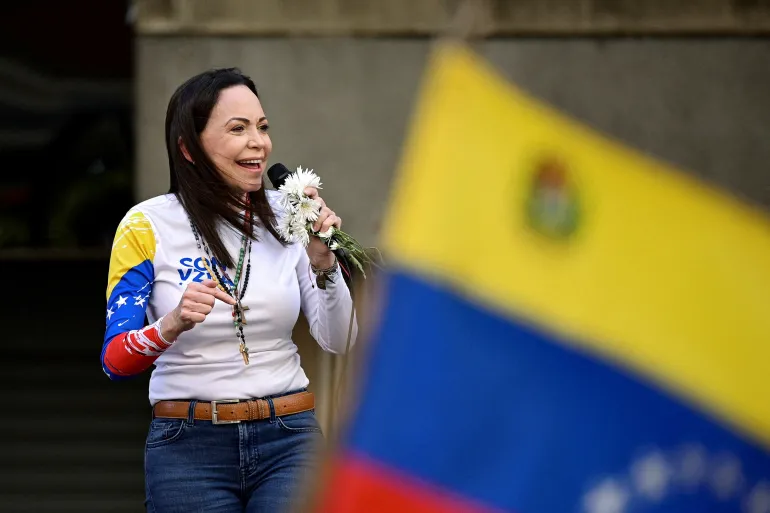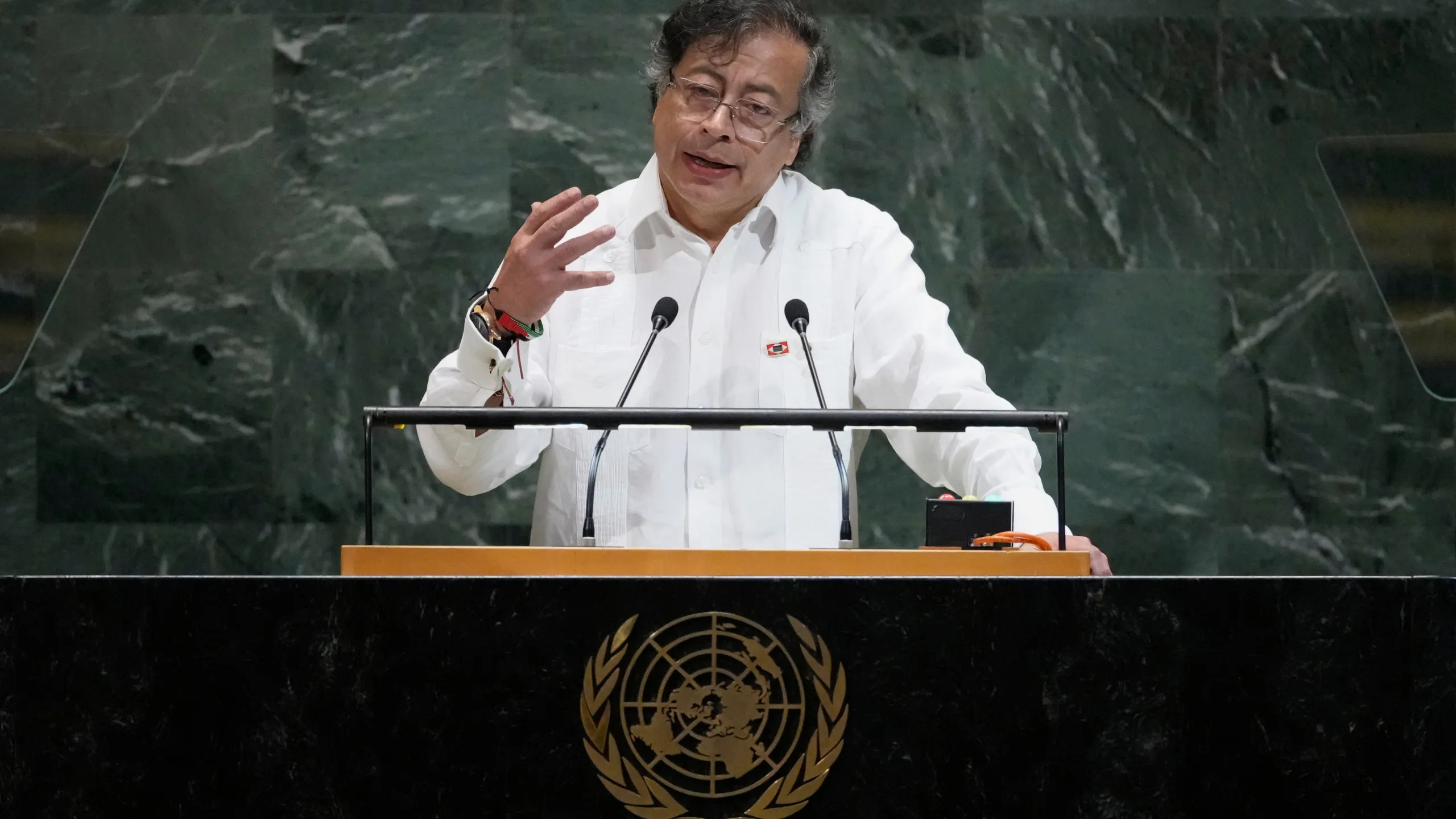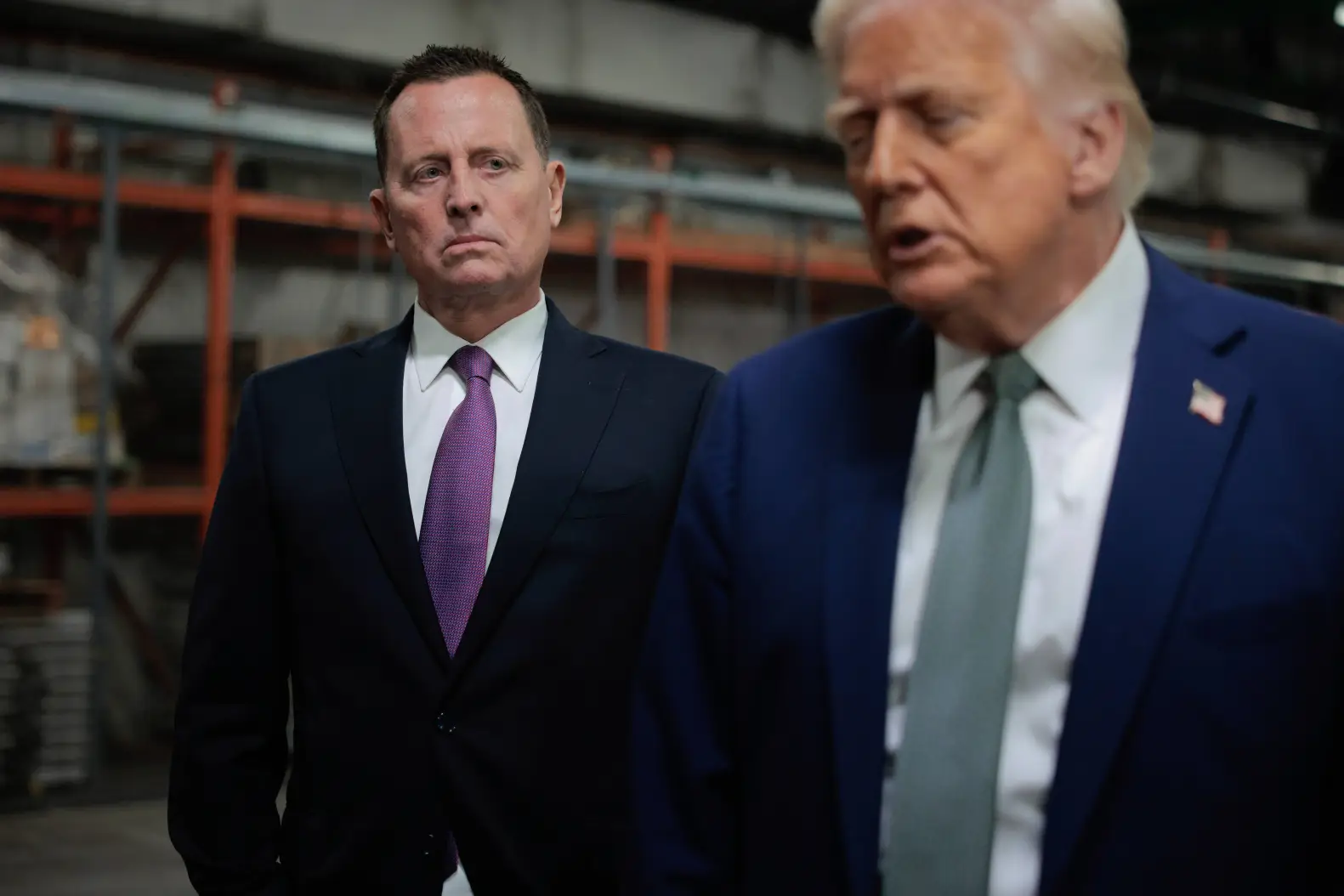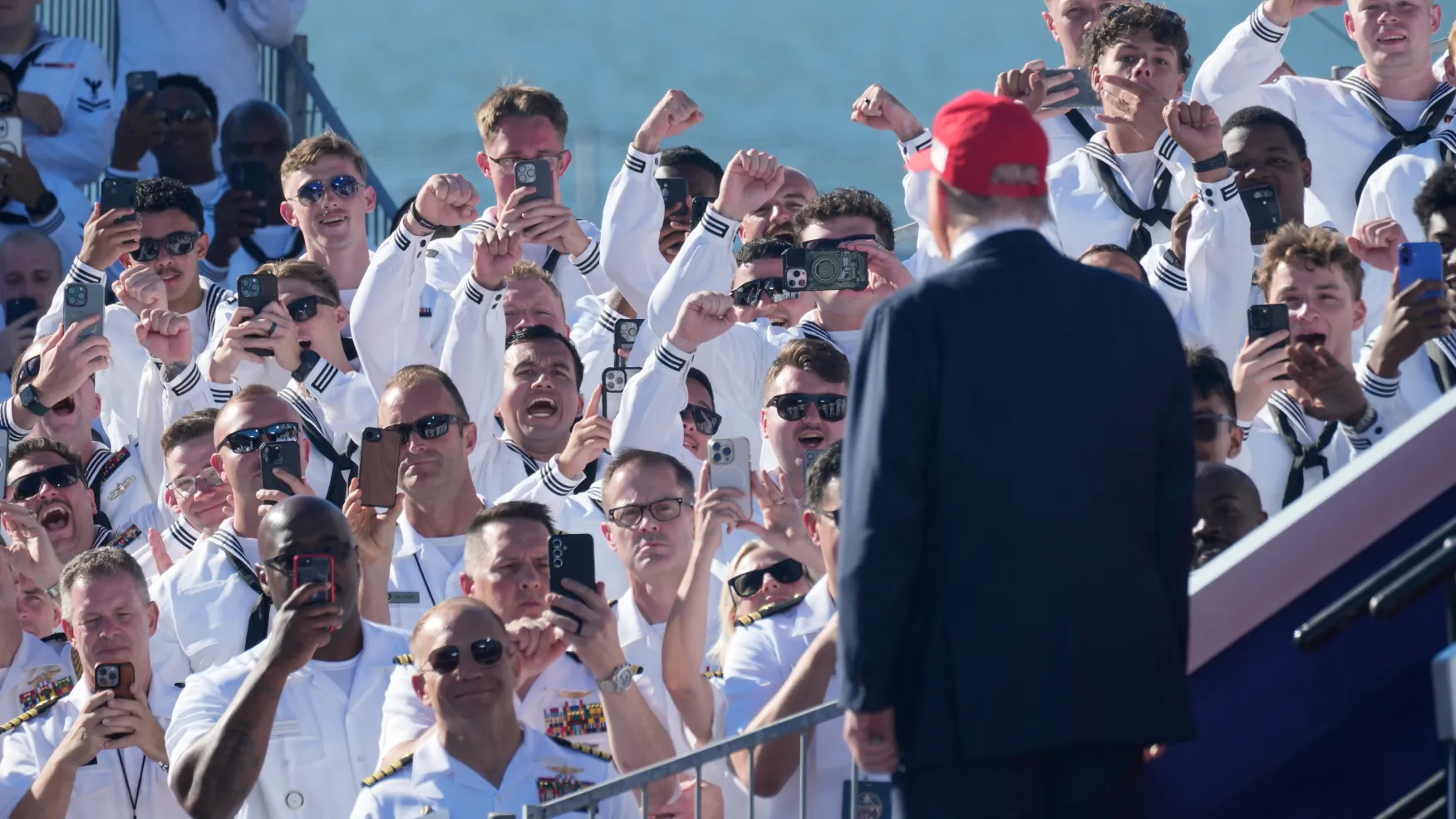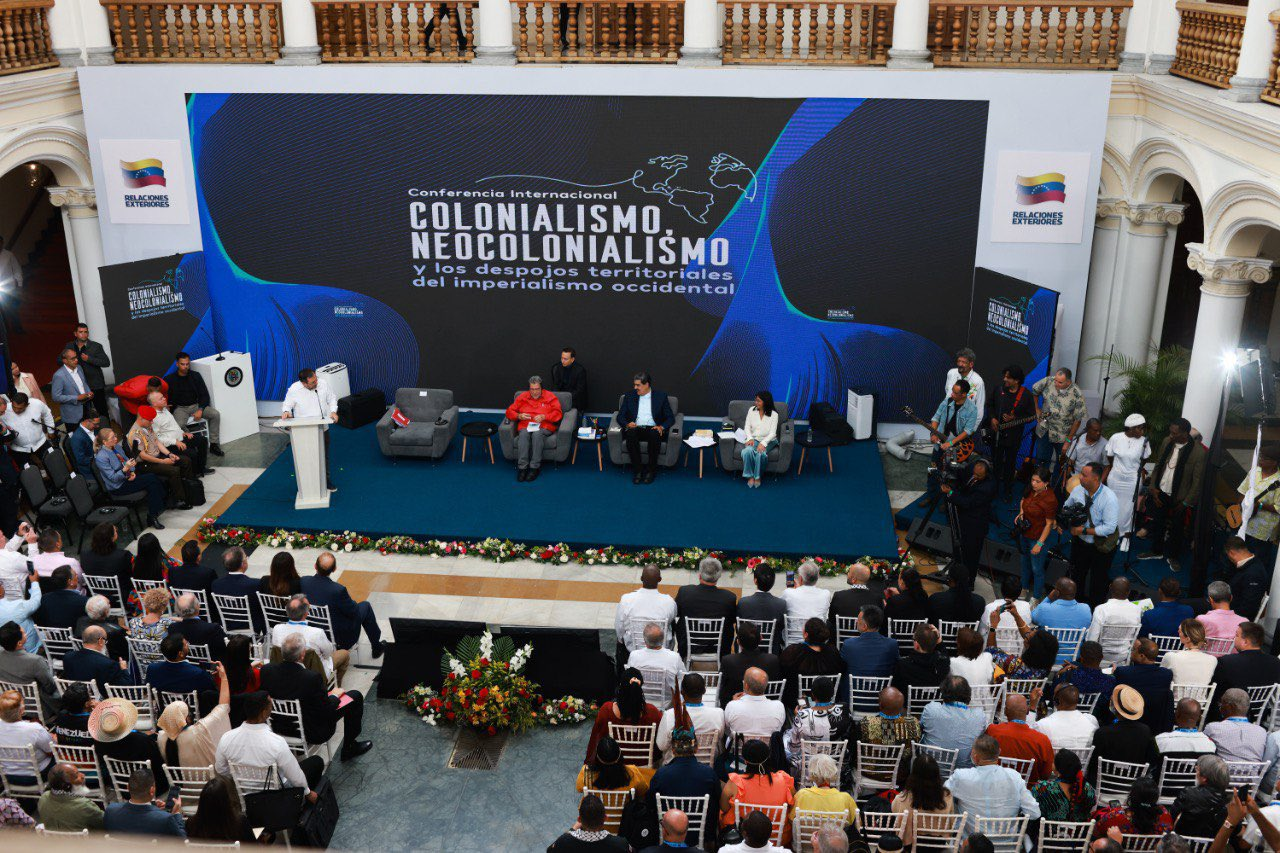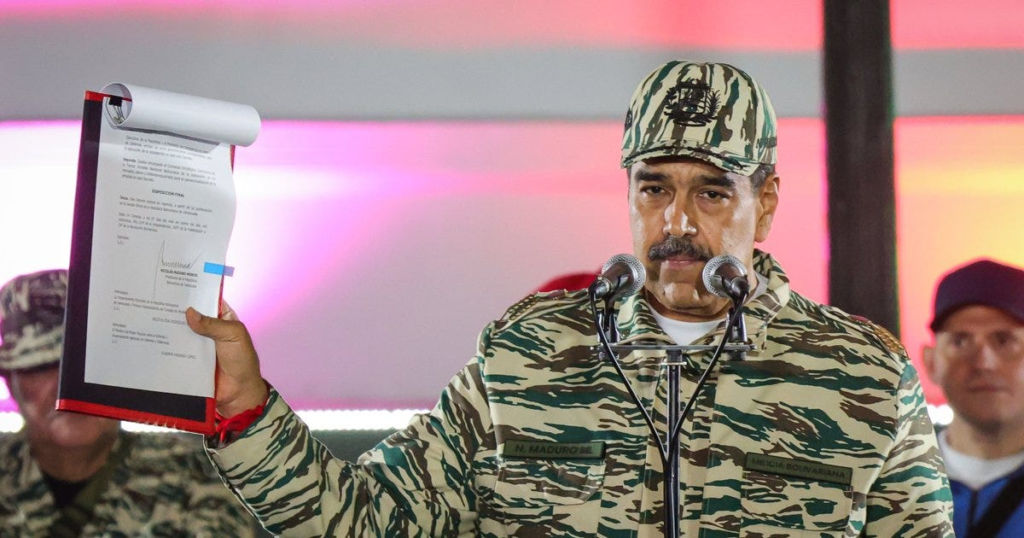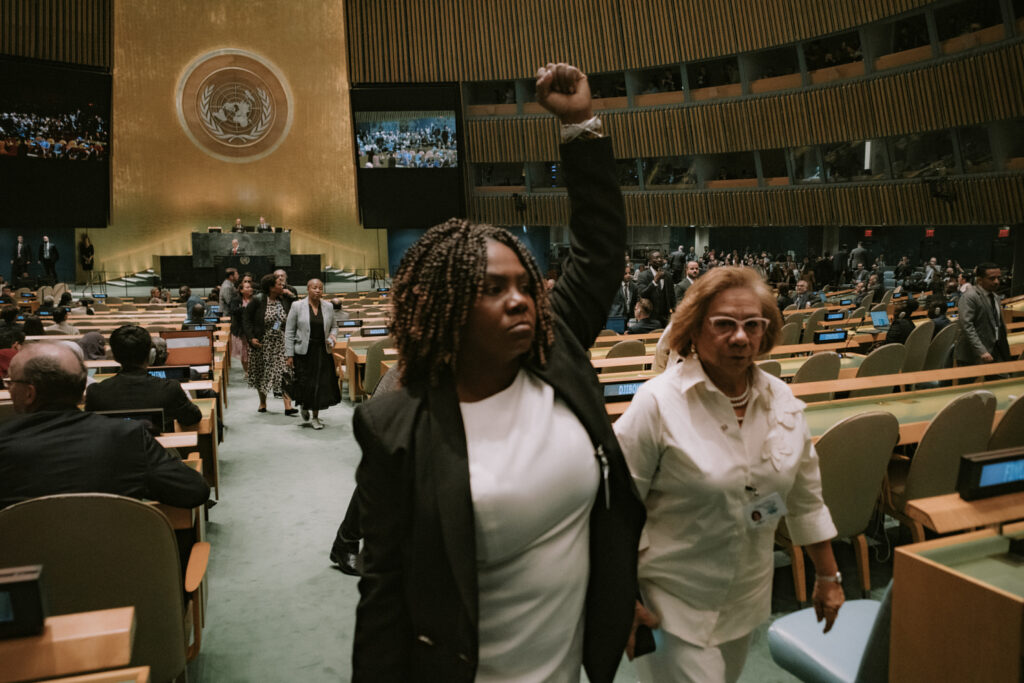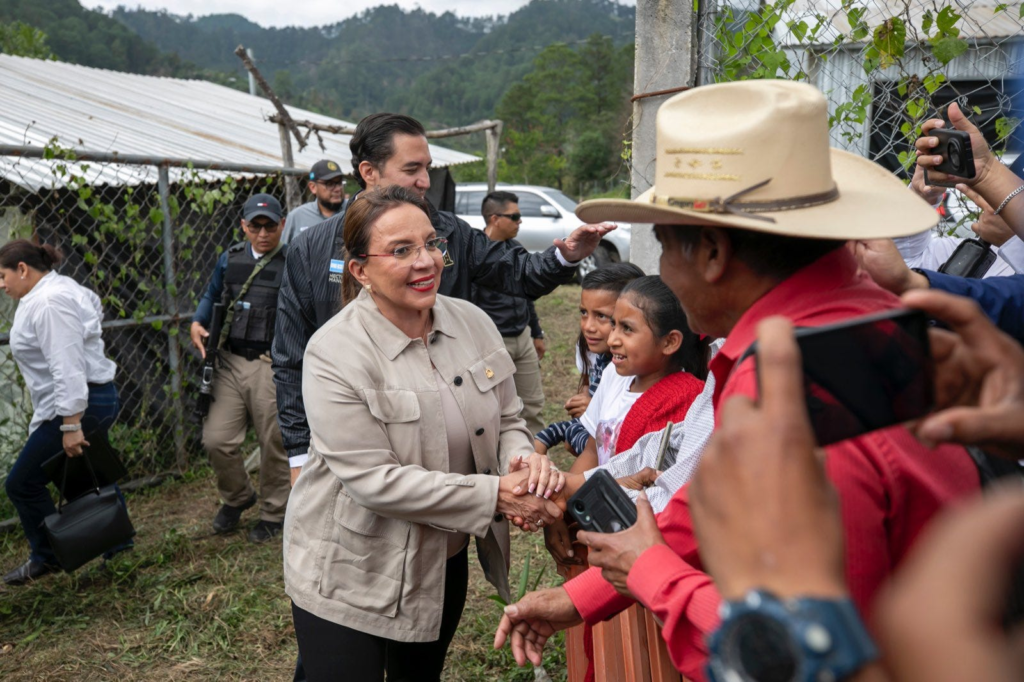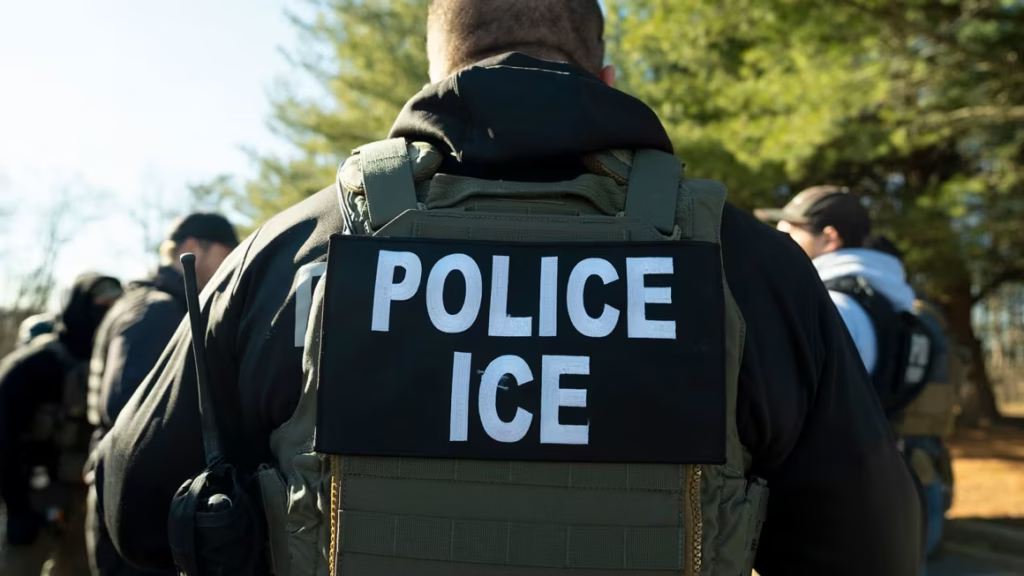Following a tense trade dispute between the U.S. and Brazilian governments, with harsh overtones fueled by accusations by the U.S. administration of unfair trade practices, violations of free speech, and the judicial persecution of political opposition in Jair Bolsonaro under the incumbent government of Lula da Silva, President Donald Trump slapped a 50% tariff on a quantity of Brazilian goods that went into effect on the 1st of August.
Now, the pain is being felt as U.S. buyers of Brazilian coffee beans are beginning to feel the pinch.
This week, customers of the South American brew are requesting that their suppliers postpone shipments to the United States in the hopes that a reduced tariff can be renegotiated between the two governments, according to Brazilian coffee exporters association, Cecafe.
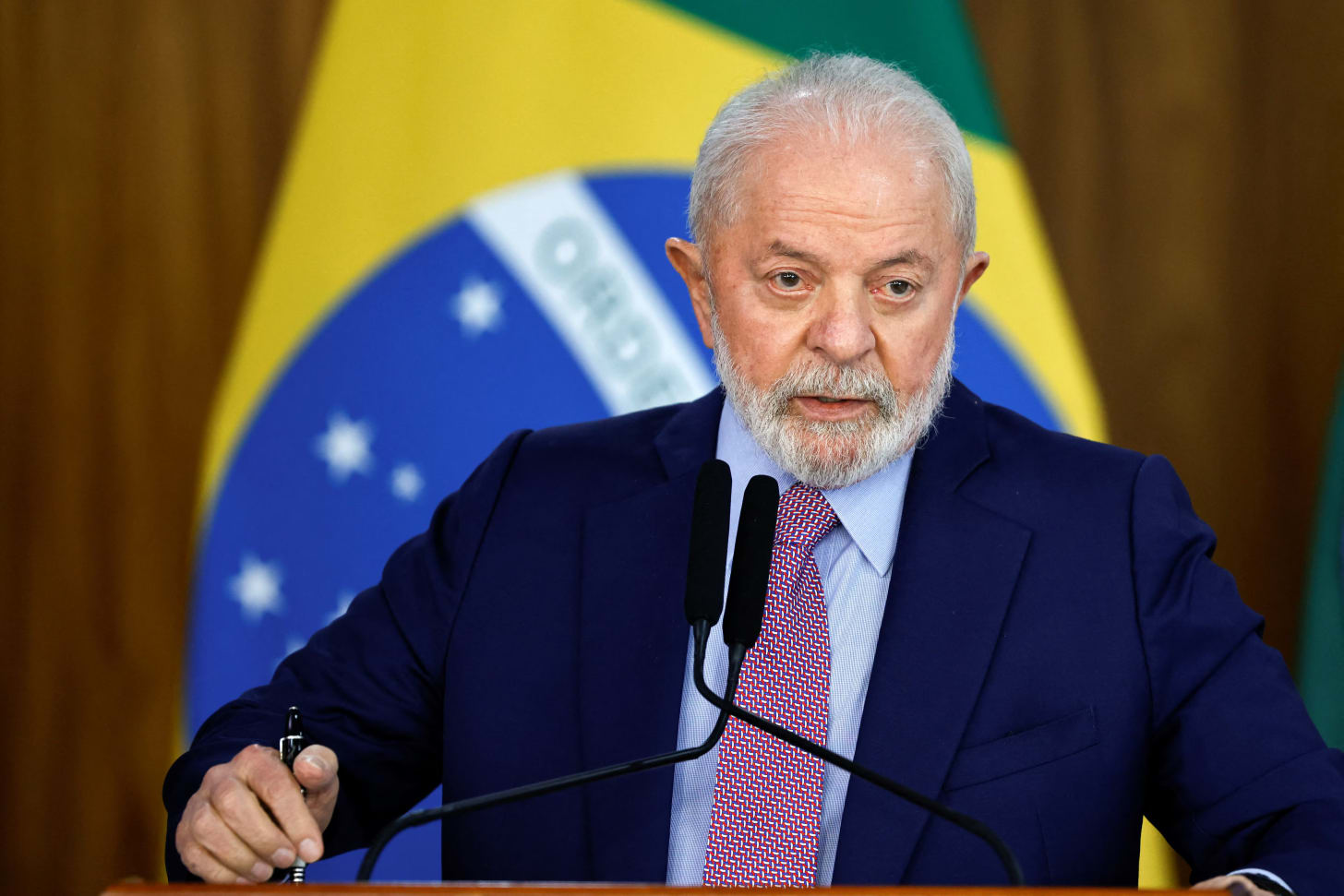
However, there have been reports coming out of Brasília that the administration of Lula da Silva is getting nowhere with the administration in Washington.
On July 29, the Lula administration stated that its representatives had been unsuccessful in trying to negotiate down the 50% tariffs on all Brazilian goods. Some reports had said that Lula’s efforts to make contact with the Trump administration were even completely snubbed, and that the White House had ignored Brazilian requests for reproach from their embassy in Washington.
Shortly after the initial tariffs were announced, which raised the costs of Brazilian exports to 25%, another increase was made to 50% when the Trump administration outlined several grievances to the Lula government that ranged from unfair trade practices, assaults on free speech, and alleged political persecution of conservative elements of the Brazilian political apparatus, reported Sociedad.
It became clear very early on that the Trump administration felt very strongly about what has been transpiring in the South American nation, and felt that it was necessary to apply economic pressure on the Brazilian government in order to try to get the Brazilian courts and the executive authority of Lula da Silva to end their political targeting of former President Jair Bolsonaro, who is currently under investigation for an alleged attempted coup following his election defeat to Lula in 2022.
Now, the U.S. coffee buyers — a substantial customer of Brazilian coffee exports — are eager to sit on the sidelines in a way to bide more time for slightly better days.
According to the President of Cecafe, Marcio Ferreira, U.S. buyers have a window of approximately 30 to 60 days for inventory to be picked up. American buyers, Ferreira says, plan to utilize this window of time to wait out the storm of the ongoing trade dispute between the two nations.
Brazil is the world’s largest coffee producer and exporter, followed by Vietnam and Colombia in third. While U.S. buyers are the largest purchasers of Brazilian coffee beans (at $1.9 billion worth purchased in 2024), representing roughly 30% of the Brazilian market, other large buyers of the South American product include Germany, Italy, and Belgium.
Apart from coffee, experts are reluctant to judge whether the U.S. tariffs will have a significant impact on the Brazilian economy. However, local jurisdictions like São Paulo and its local industries rely heavily on trade with the United States. Other larger metropolitan city centers also trade heavily with the North Americans, including Rio de Janeiro, Espírito Santo, Goiás, and Ceará, says Sociedad.
President Lula da Silva claims there is no point in attempting at overtures with the U.S. administration, “I won’t humiliate myself”, he says, when “Trump is ready to talk, I won’t hesitate to call him.”

